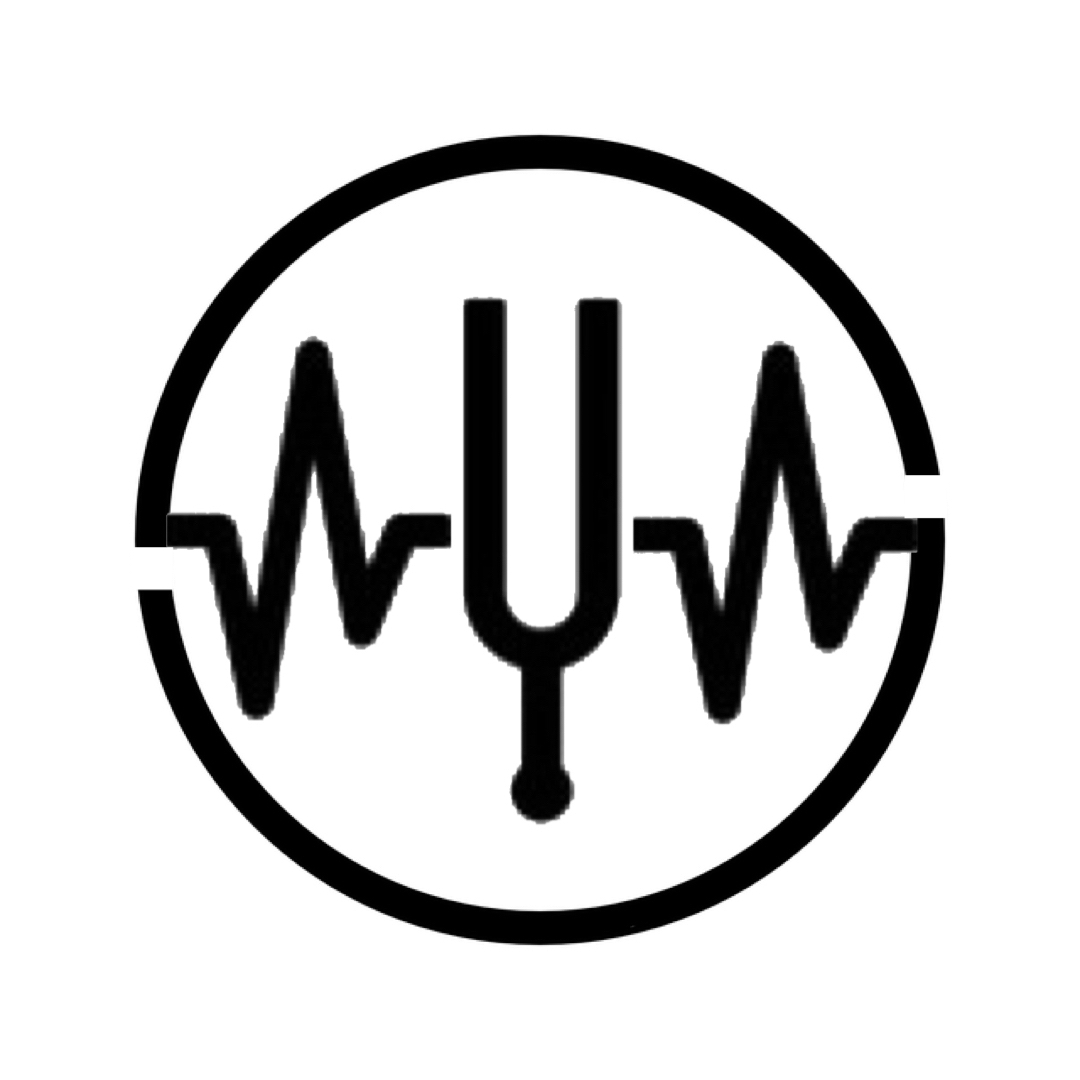Acoustic or Digital Piano? What’s best for me?
- Derrick Lee

- Sep 19, 2022
- 3 min read

Should you buy an acoustic (traditional) piano or a digital (electronic) piano? There won't be a simple solution to this problem. This decision is complicated by a number of elements, some of which are practical and others which are not. We weigh the benefits and drawbacks of each, and reveal which is ideal for you.
The fact that the acoustic piano is the "real thing" and naturally capable of nuanced sounds that are challenging for the digital piano to replicate is the first advantage of this instrument. Digitals are unable to fully replicate the acoustic piano experience due to its complexity, which includes the harmonics, vibrations, touch, visual attractiveness, interaction with the environment, and its link to tradition. The acoustic will also serve you or a later owner for multiple generations, given that it is of a good quality and is maintained properly.
If you’re a beginner, the tone and touch of a good-quality digital piano should not interfere with the elementary learning process for a while, but is likely to become less satisfactory as you advance. If playing classical piano music is your goal, there is little doubt which route to take: While a digital piano can be used as a temporary or quiet-time practice tool, once you experience the soul-stirring power of an acoustic piano, there is no going back. Although digital technology is improving, nothing yet compares to the whole sensation of playing a superb acoustic instrument.
What is a disadvantage to an acoustic piano? They typically cost more up front, are more difficult to move, takes up a lot of room, and cost several hundred dollars extra per year to tune and maintain. And — most important — all they will ever be or sound like is a piano.

Why are digital pianos more popular? Digitals can sound like any other instrument imaginable, in addition to generating the sound of a piano. A performer with even the most fundamental keyboard abilities may sound like a complete symphony using modern digital pianos. Many models are equipped with features that will enable you to perform solo while being accompanied by a full band or orchestra. They can also be connected to a computer, giving you access to a full recording studio and the ability to print the music notation for any instrument you play. Many talented pianists who use superb acoustic pianos as their primary instruments also own digital pianos, giving them the technology needed for enjoyable band and/or orchestral compositions and transcriptions.
Add to all that the advantages of lower cost, convenience, lack of maintenance expense, the ability to play silently with headphones, meeting the needs of multiple family members, the obvious advantages for piano classes, and computer connectivity, and you have a powerful argument for the digital.
Although digital pianos have many benefits, it's necessary to also take into account their drawbacks. The life expectancy of a good digital piano is limited, primarily by obsolescence (digitals haven't been around long enough to know how long they will physically last), whereas the life expectancy of a good acoustic piano is upwards of 50 years. This limitation is in addition to those related to learning and playing classical music, which were mentioned above. While digital pianos, like other electronics, soon lose value, acoustic pianos do a good job of holding their worth. So it stands to reason that starting with an acoustic piano would be wiser from a cost standpoint if you intend to upgrade later after purchasing a starter instrument.
In our lives, both versions have a place.







Comments